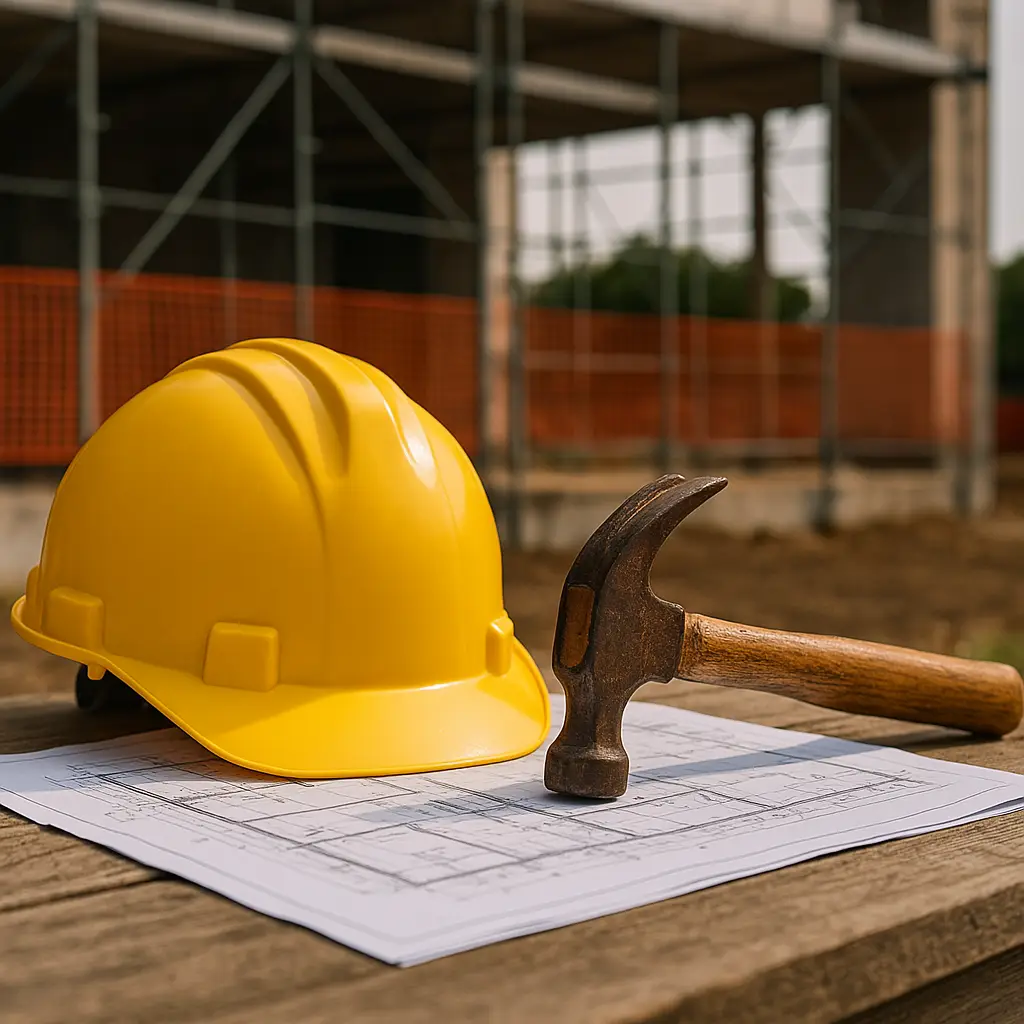Protecting Your License, Reputation, and Future as a Florida Contractor
Serving as a qualifying agent in Florida means more than allowing someone else to use your license—it means assuming legal responsibility for a construction business’s operations. And with that responsibility comes risk.
Too many licensed contractors get involved in qualifier relationships without a solid, attorney-drafted agreement in place. They rely on trust, informal arrangements, or vague templates—only to discover later that they’re exposed to lawsuits, DBPR complaints, financial liability, and licensing discipline.
If you’re a licensed contractor considering qualifying a company, here’s what your agreement must include to protect yourself and stay compliant with Florida law.
⚠️ Why This Matters
Under Florida Statutes Chapter 489, a qualifier can be held:
- Personally liable for jobsite activity, defective work, and financial misconduct
- Subject to discipline by the CILB (Construction Industry Licensing Board) for violations—even if the qualifier wasn’t directly involved
- Financially responsible if the company hasn’t designated a separate Financially Responsible Officer (FRO)
In short: you may be sued, fined, or disciplined for things the business did without your knowledge—unless your agreement and DBPR filings protect you.
📝 What Should Be in a Qualifier Agreement?
A proper Qualifier Agreement is your first line of defense. It creates clarity, allocates risk, and ensures your role is documented. Below are the key elements your agreement should include:
1. Scope of Responsibility
Define what you’re responsible for—and what you’re not. Will you:
- Be actively supervising projects?
- Be an officer or W-2 employee of the company?
- Only be authorizing use of your license in a limited capacity?
This clause should clearly state whether you have day-to-day control, and whether your role is active or passive. It also should specify that you’ll be notified of any projects, violations, or permit issues.
2. Compensation Terms
This section should address:
- How much and how often you are paid
- Whether payment is flat fee, monthly, per project, or percentage-based
- What happens if payment stops—can you immediately terminate?
Remember: if you’re still listed as the qualifier but not being paid, you may still be liable.
3. Indemnification & Insurance
One of the most important clauses. It should:
- Require the company to indemnify and hold you harmless from third-party claims, lawsuits, and damages
- Require the company to carry general liability and workers’ comp insurance, and name you as an additional insured
This clause can make the difference between facing a lawsuit alone or being properly defended and protected.
4. Termination Rights
What happens when the relationship ends? Your agreement should:
- Allow you to terminate with or without cause
- Set a required notice period (or allow immediate termination for non-payment or misconduct)
- Require the business to promptly notify DBPR and remove you as qualifier
Delays in DBPR filings can prolong your liability, so this clause is critical.
5. DBPR Compliance & Cooperation
The agreement should require the company to:
- Maintain current DBPR filings
- Provide any paperwork or signatures needed for you to comply with the law
- Notify you of violations, code issues, insurance lapses, or customer complaints
Without access to this information, you may unknowingly fall out of compliance.
6. Limitation of Liability
This clause can help limit your financial exposure by:
- Capping your liability under the agreement
- Clarifying that you’re not responsible for certain business operations (e.g., payroll, billing, contract disputes)
While not always enforceable in third-party cases, this clause can help in disputes between you and the company.
7. Exit & Project Wrap-Up Procedures
What happens to open projects if you exit? Consider requiring:
- A transition period
- Notification to clients and permit offices
- Completion or reassignment of open permits
This protects your reputation and shows good faith to the CILB if issues arise later.
👨⚖️ Why Legal Drafting Matters
At Douglas Law Firm, we don’t use fill-in-the-blank templates or recycled contracts. We draft custom Qualifier Agreements tailored to:
- Your role
- Your relationship to the business
- The scope and risk level of the work
- The DBPR rules that apply to your specific license
✅ Bottom Line: Get It in Writing—and Get It Right
You’ve worked hard for your license. Don’t put it at risk for someone else’s business without clear, enforceable protection.
📞 Douglas Law Firm represents licensed contractors throughout Florida and focuses on qualifier agreements, compliance, and risk reduction.
Contact us today to schedule a consultation and let us help you protect your license before you sign on the dotted line.

